The recent removal and subsequent re-inclusion of Mohammed Assaf’s song “My Blood is Palestinian” from major streaming platforms have sparked discussions regarding censorship, cultural representation, and the intricate web of geopolitics.
Conflicting accounts between Assaf and Spotify about the song’s removal have raised questions about the motivations behind this action.
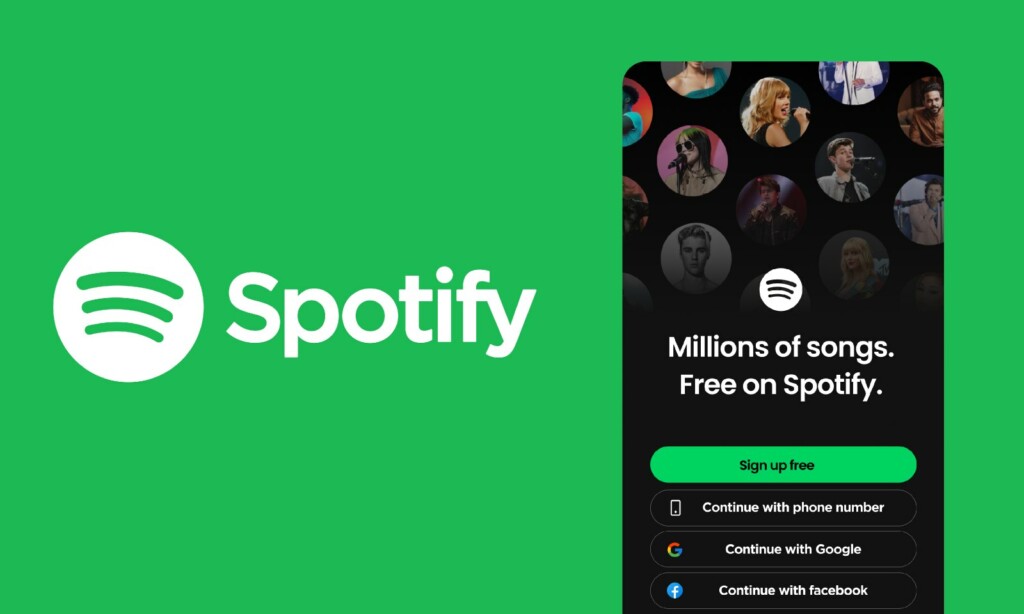
Check Out: Jollibee View on Israeli-Palestinian Situation
Conflicting Narratives and Interpretations
The dispute surrounding the removal of Assaf’s song has generated varying accounts. Assaf alleged the song was taken down for “inciting against Israel,” while Spotify refuted making that call, attributing the removal to the distributor’s request. This disparity in explanations has led to speculation about potential political motivations and their ties to advocacy group petitions targeting content critical of Israel.
Allegations and Speculation
Amid the debate, allegations surfaced suggesting pressure from Zionist lobby groups on Spotify to eliminate pro-Palestinian music. However, these claims lack substantial evidence directly linking the song’s removal to lobbying efforts. The involvement of governmental bodies and officials, alongside discussions about the perceived influence of lobbying endeavors on Spotify’s content policies, remains a topic of inquiry and debate.
Explore More: Boycott Alert: Tech Companies in Support of Israeli Occupation
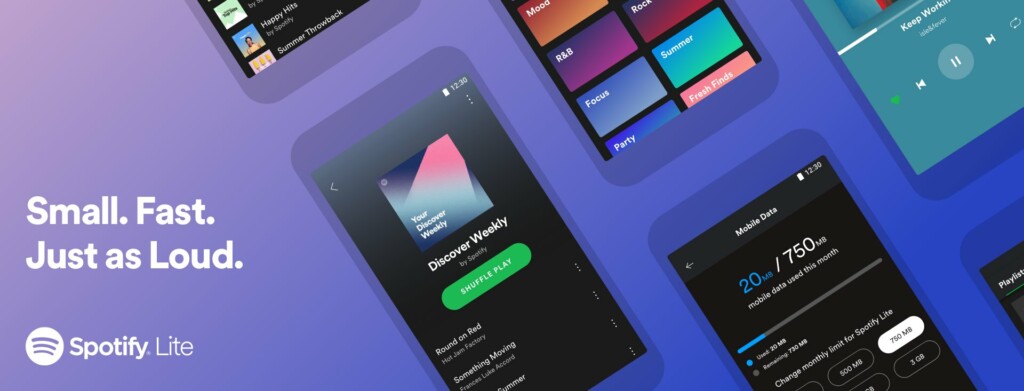
As conversations continue, the status of pro-Palestinian music on streaming platforms remains uncertain. This scenario has shed light on the challenges inherent in managing political sensitivities within a global platform, leading to contemplation about censorship, representation, and the responsibilities of tech companies like Spotify in content regulation.
Understanding the broader implications of censoring cultural expression within geopolitical contexts is crucial, acknowledging the complexities in substantiating direct connections between lobbying groups and content decisions.

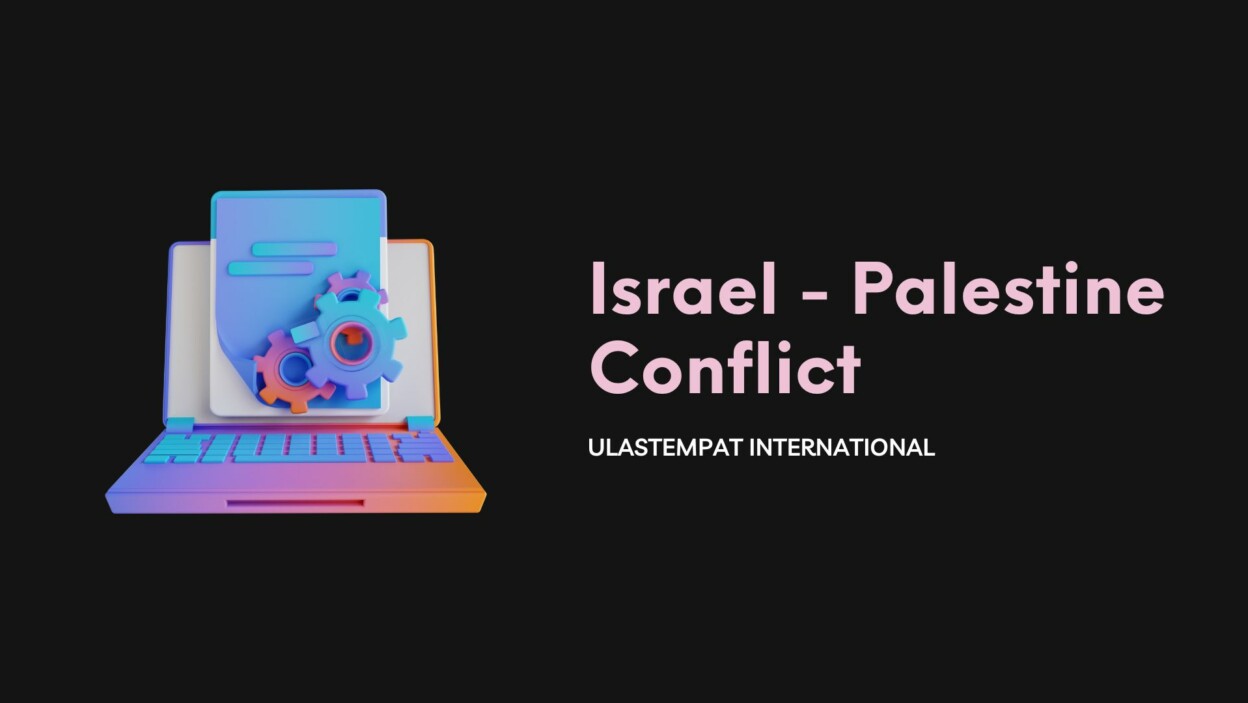
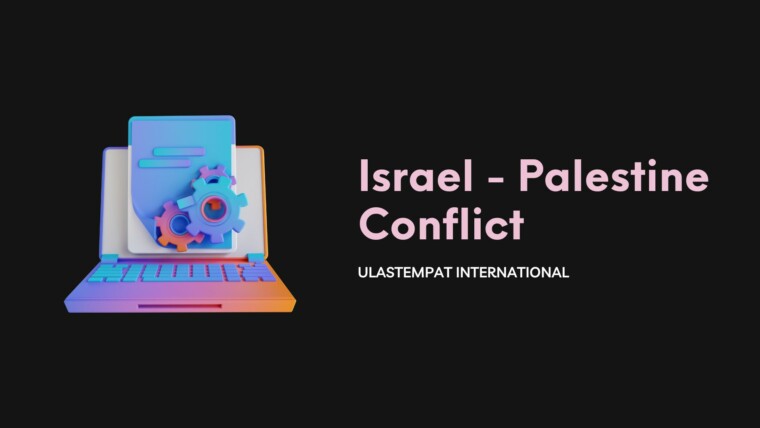
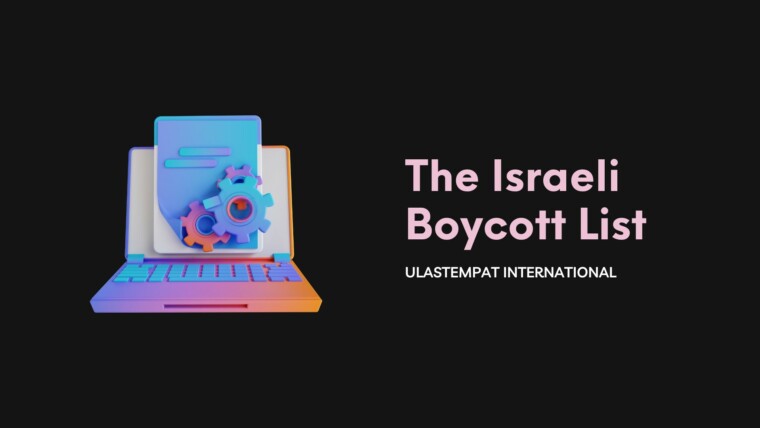
Does Red Bull Support Israel? Decoding the Unraveled Connection
Companies That Support Israel: A List to Avoid
Fast Food Chains Aligned with Israel Support
Boycott List: Fashion Companies Supporting Israel You Should Be Aware Of
Does These Firearms Support Israel? Exploring the Unraveled Connection
Does These Tech Brands Support Israel? Decoding the Unraveled Connection
Does These Filmography Support Israel? Understanding the Intricate Ties
Does These Online Business Support Israel? Exploring the Unraveled Connection